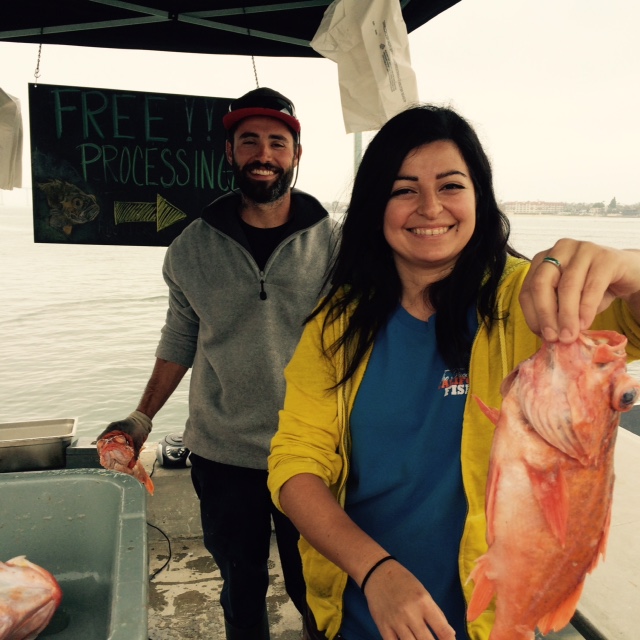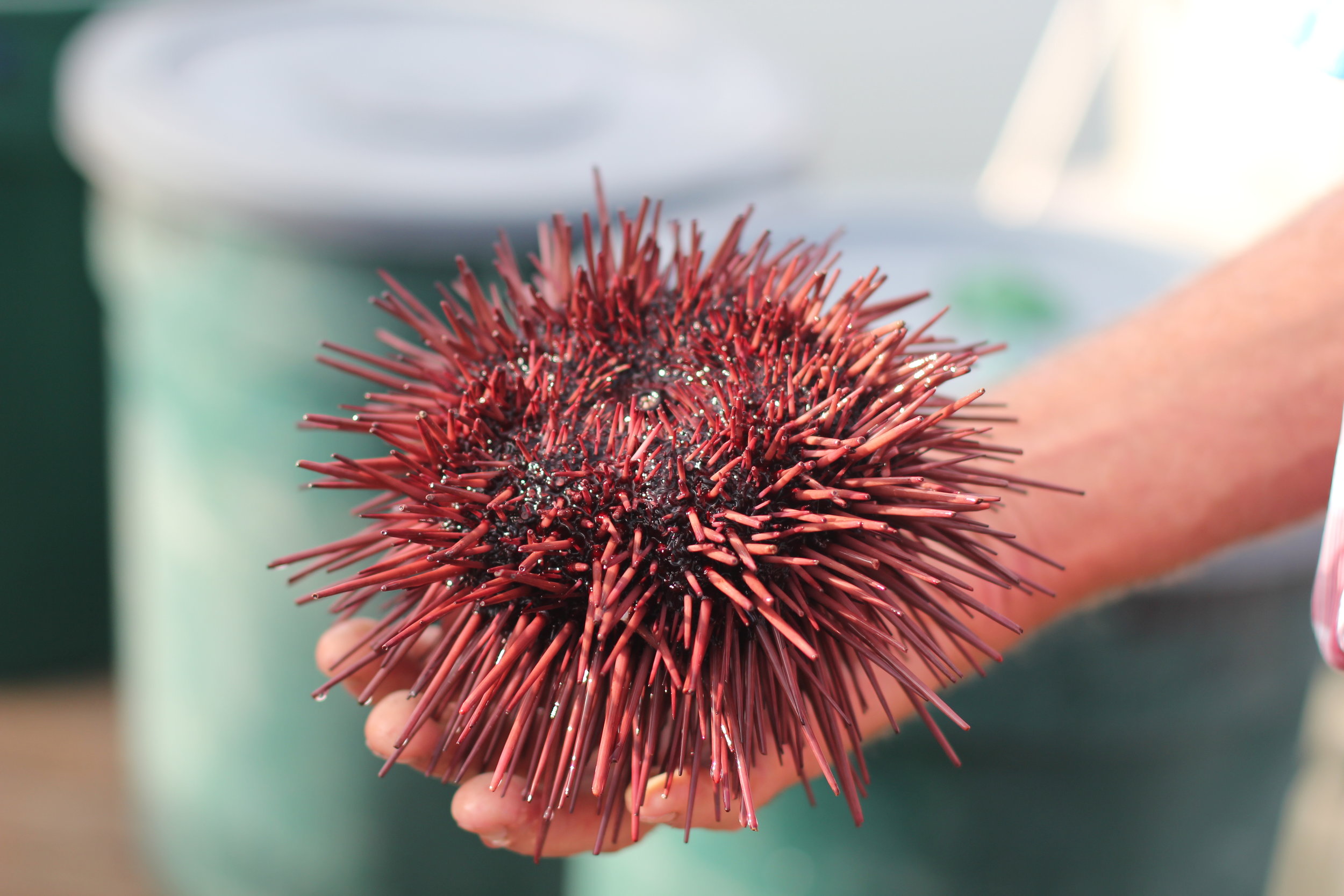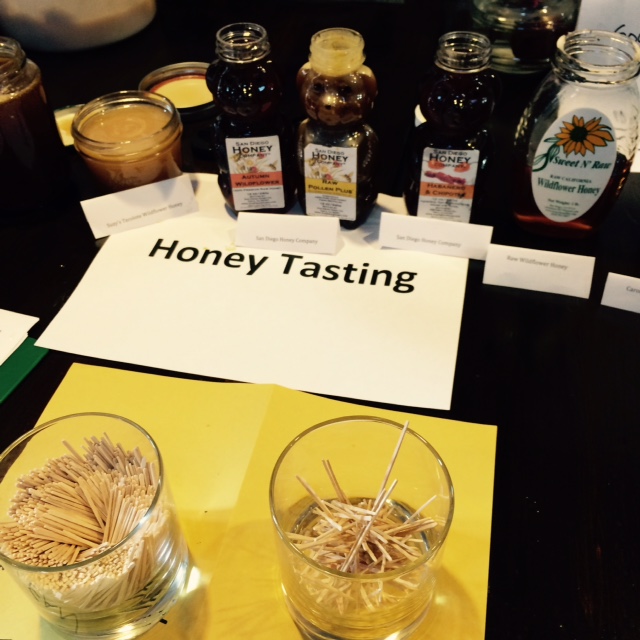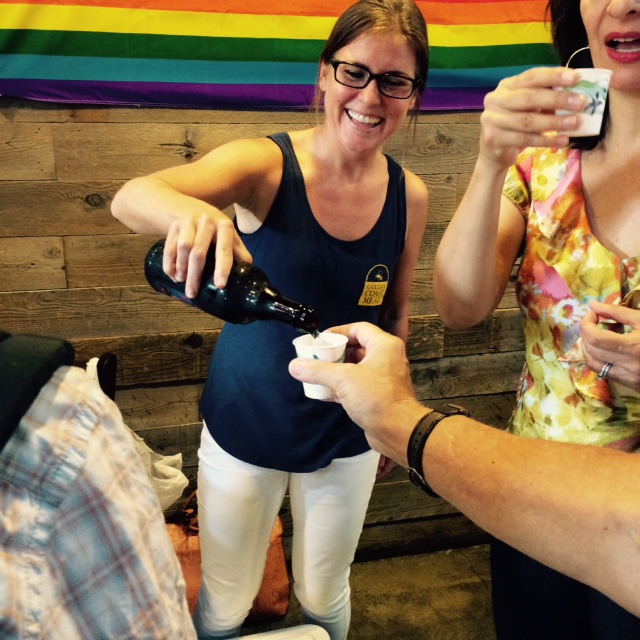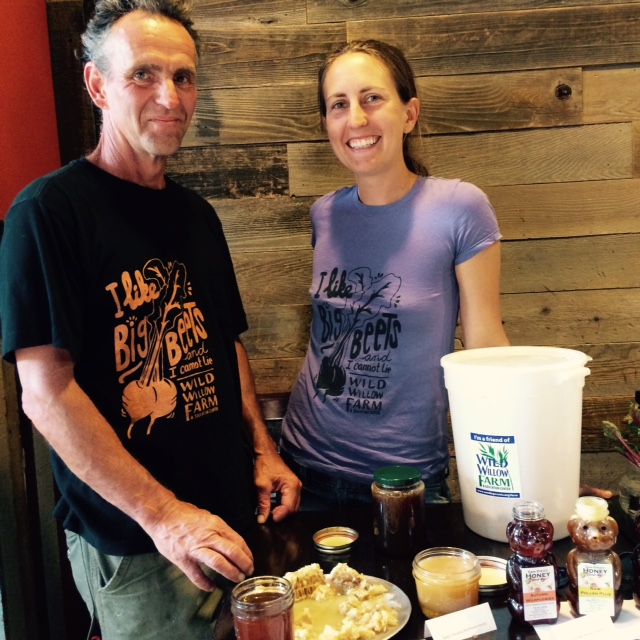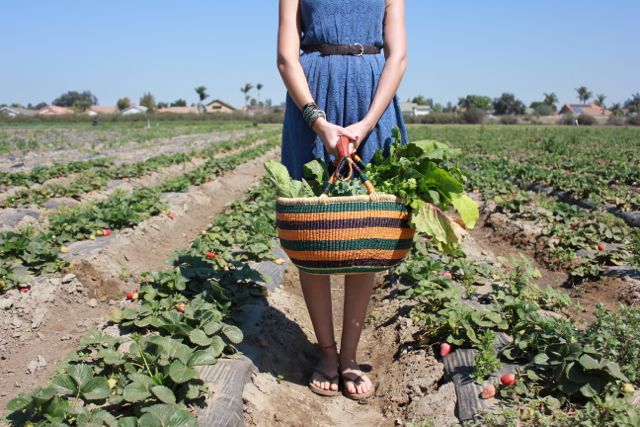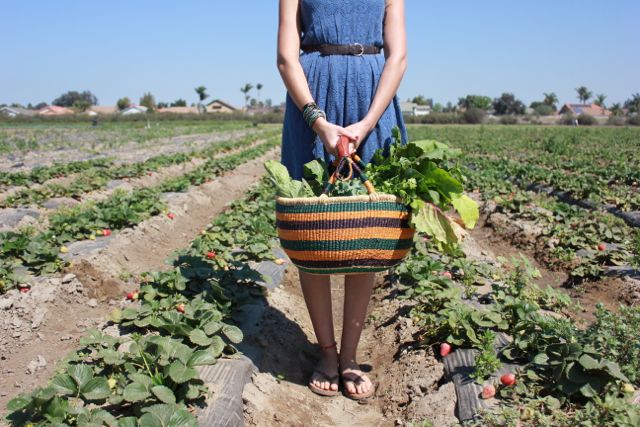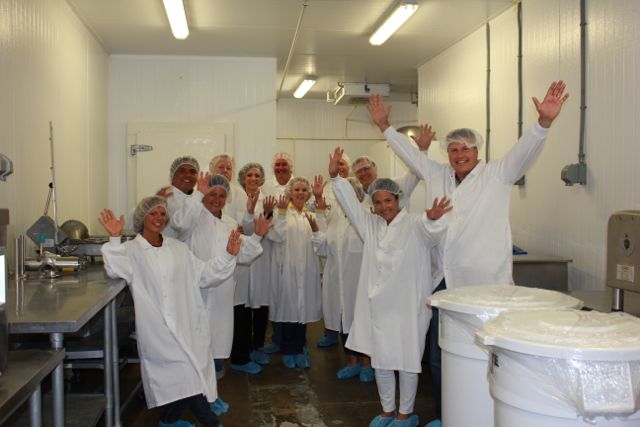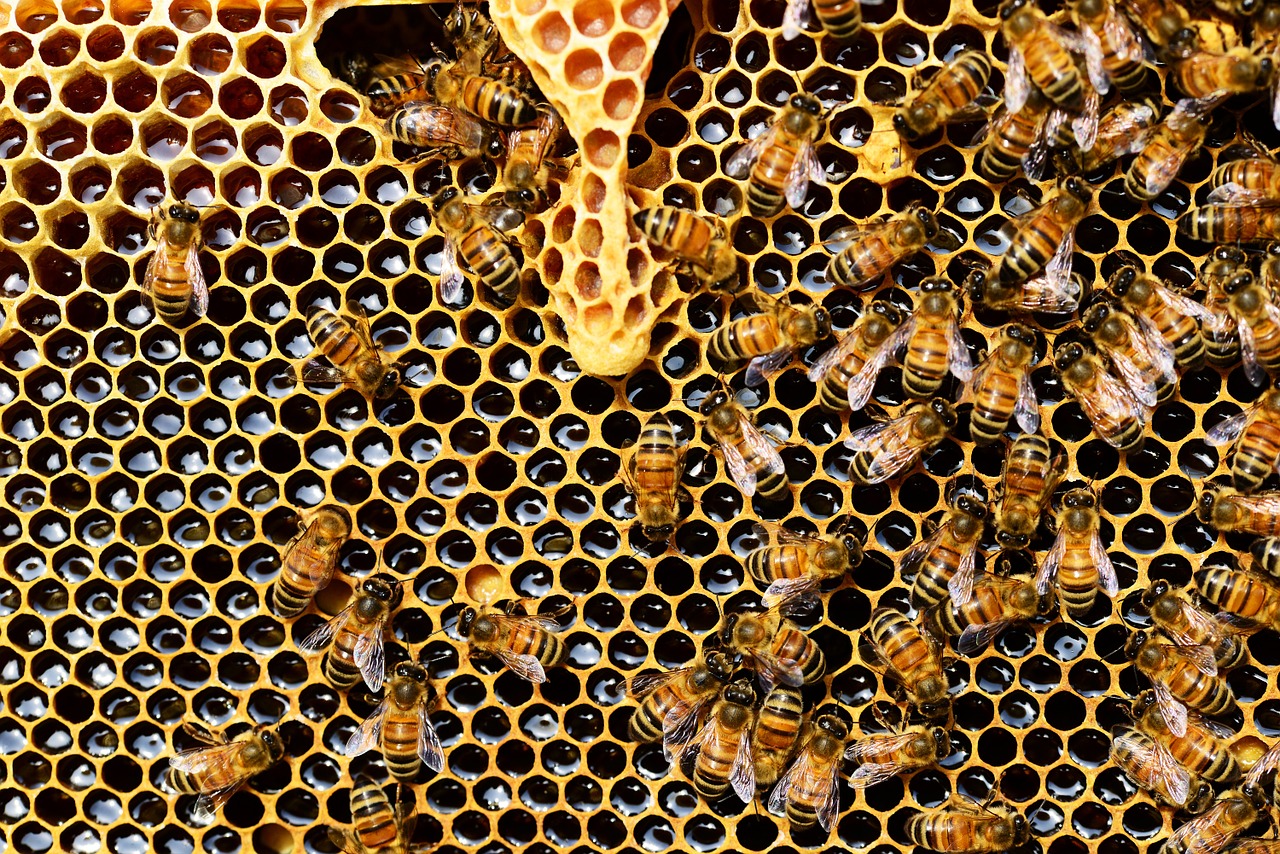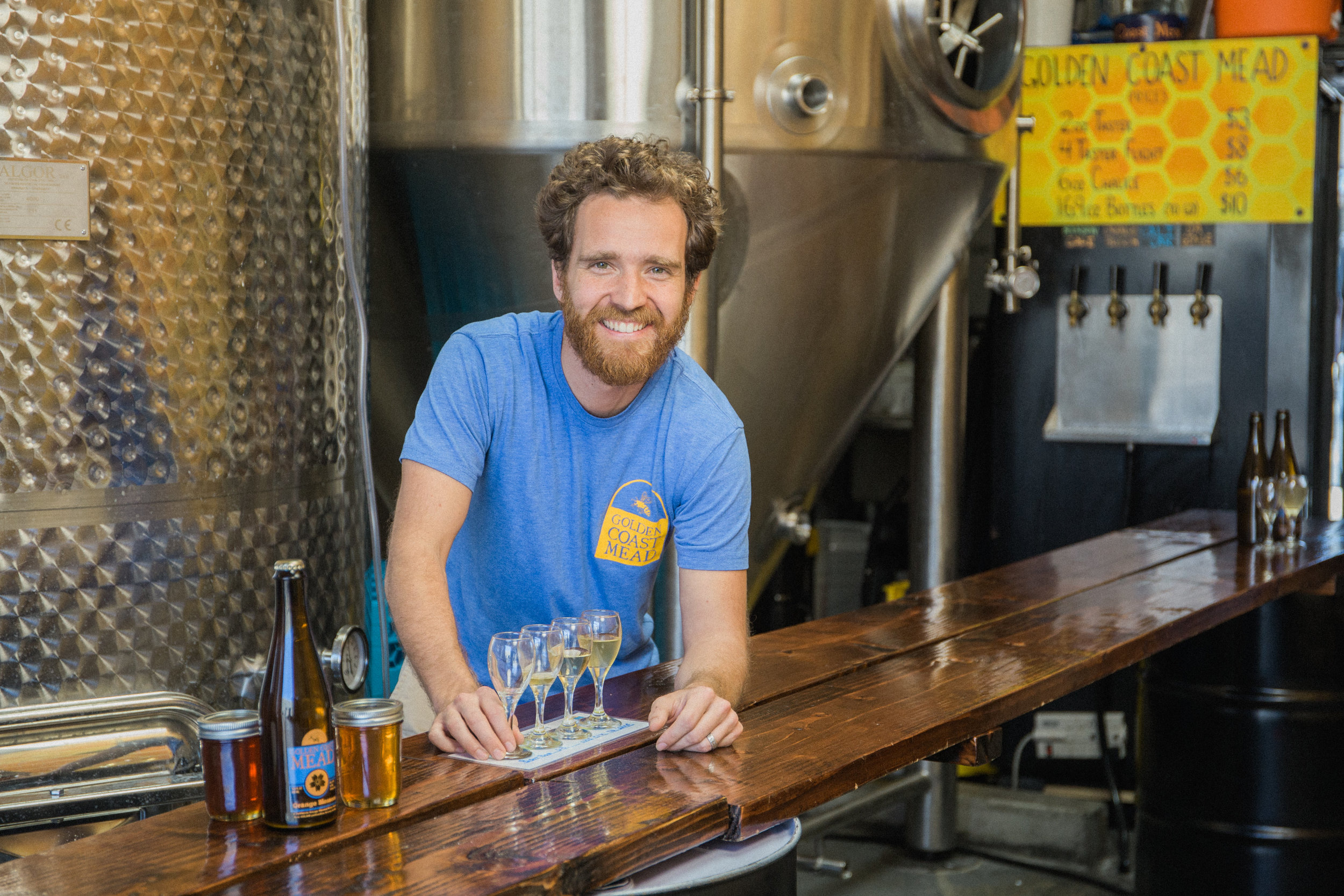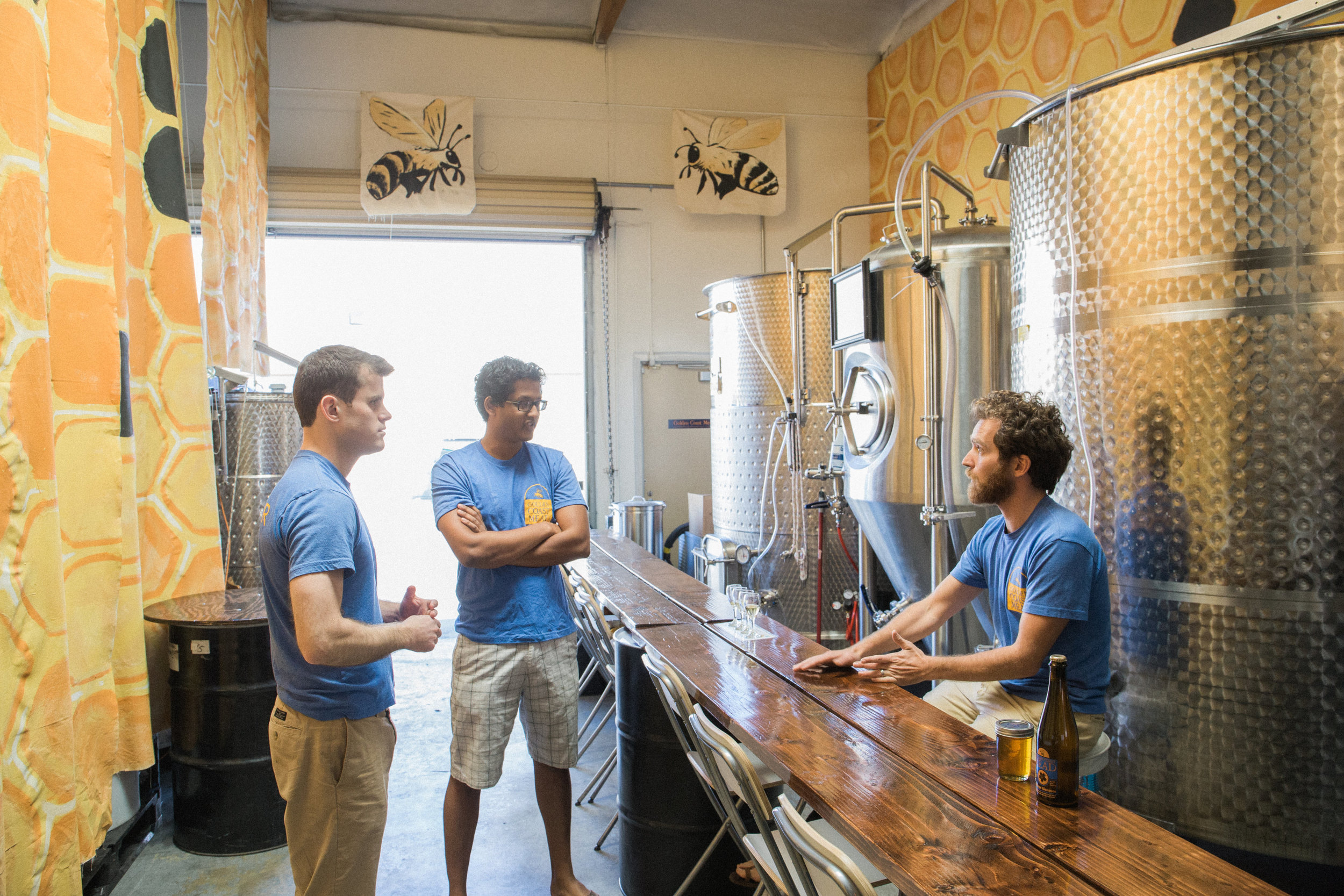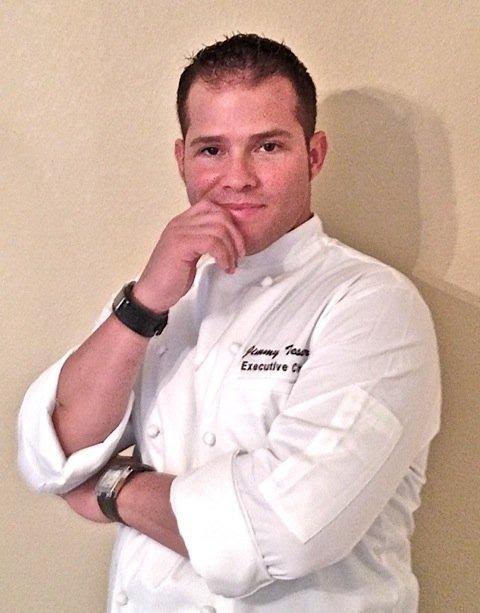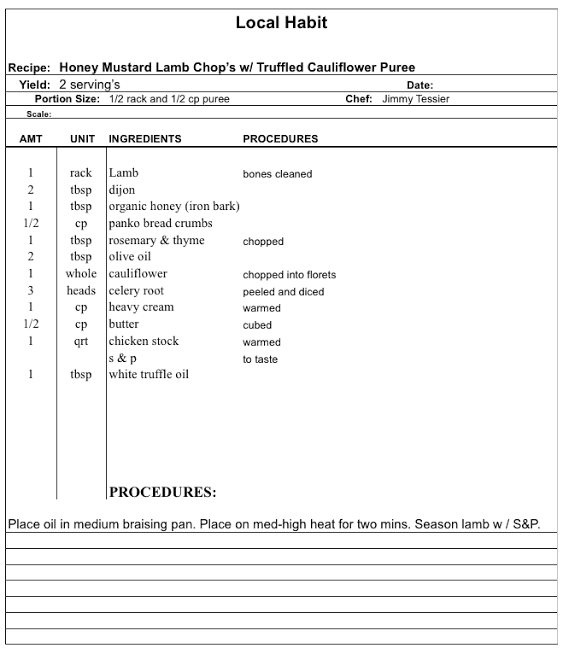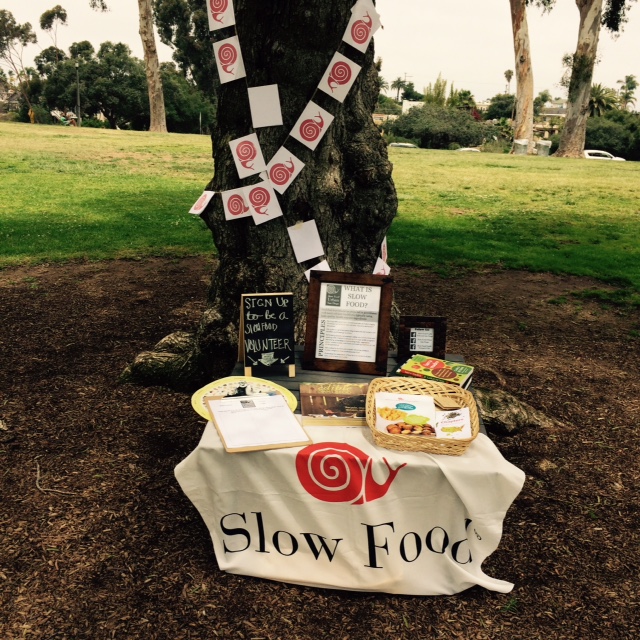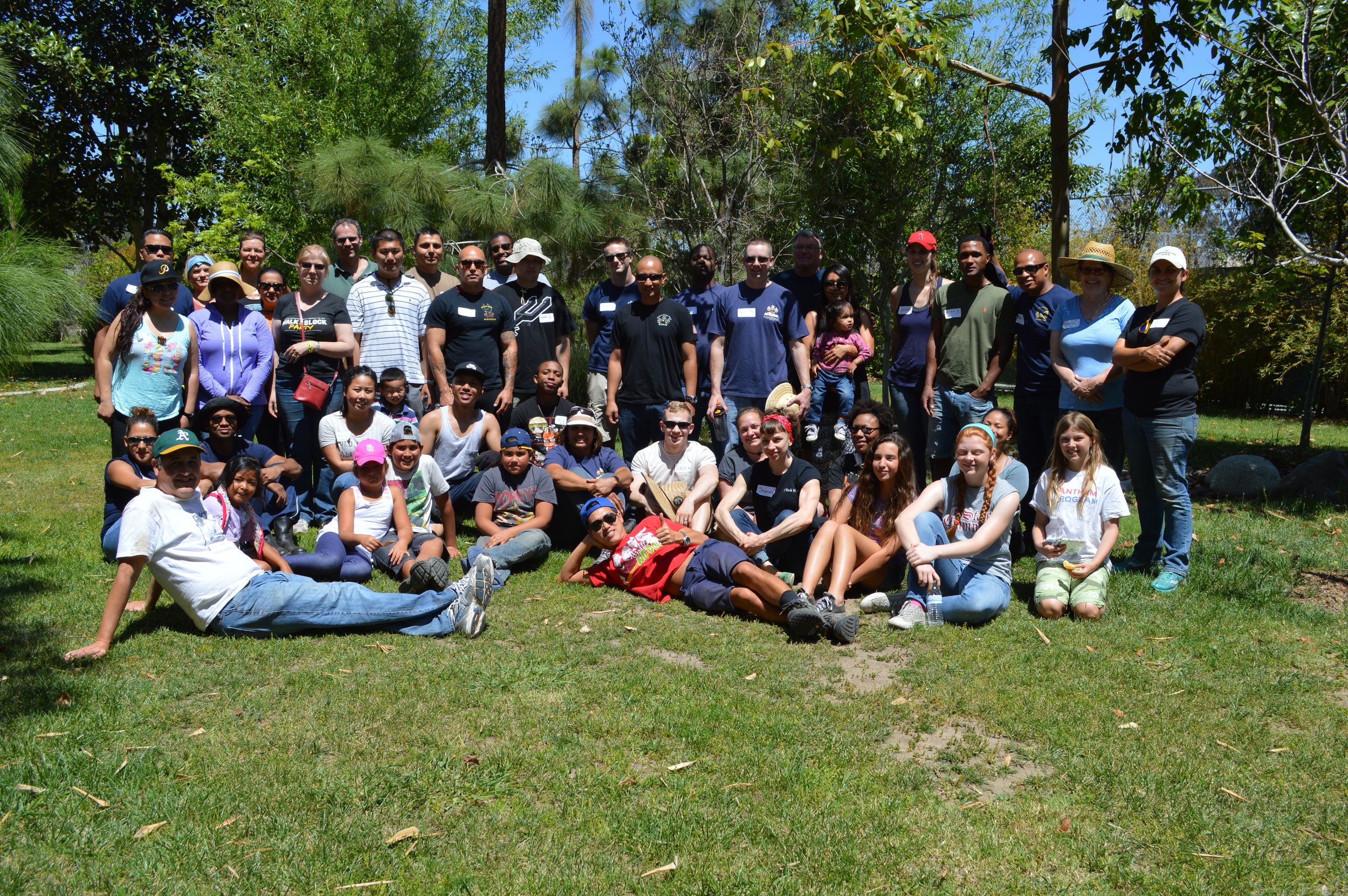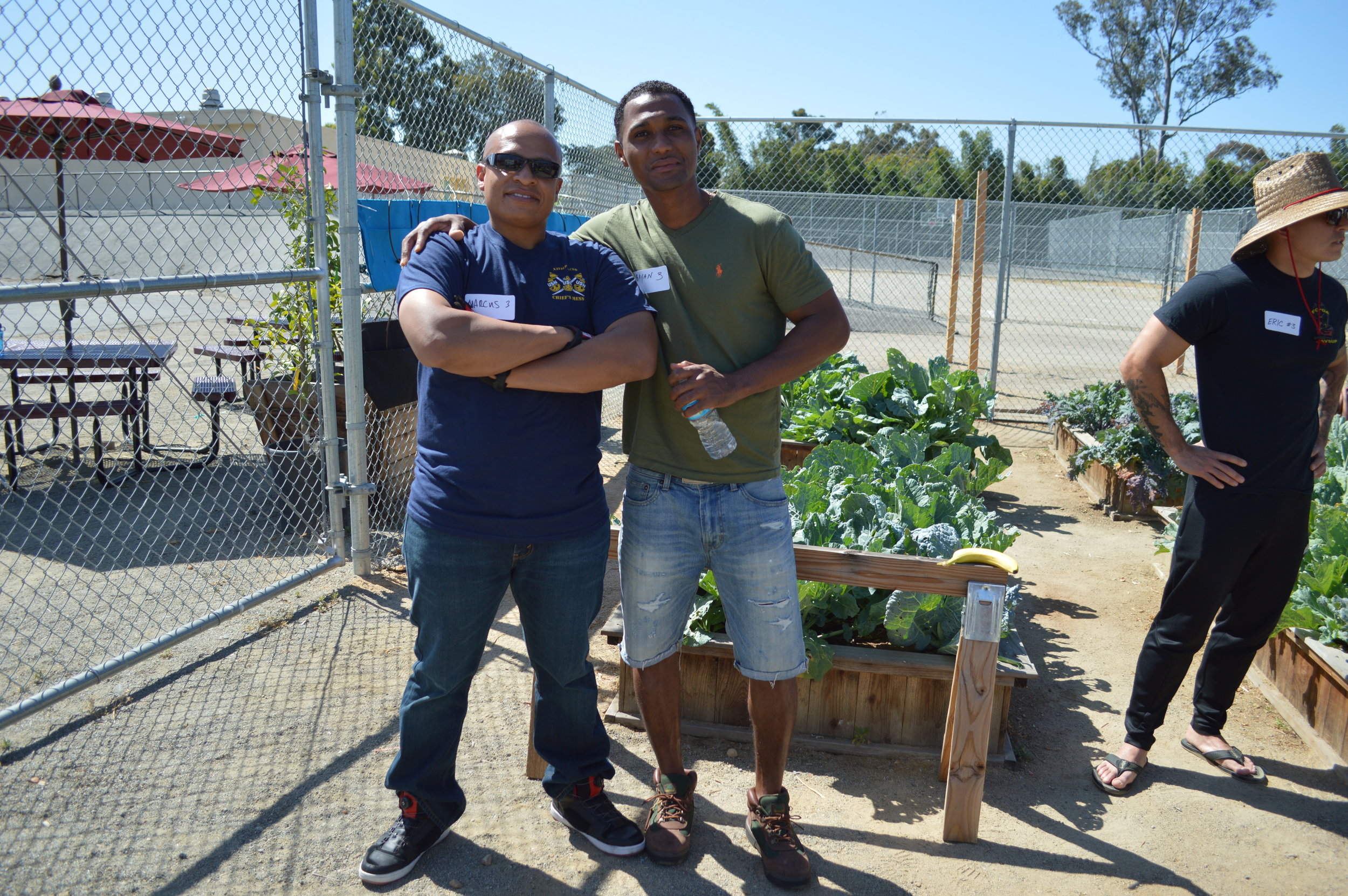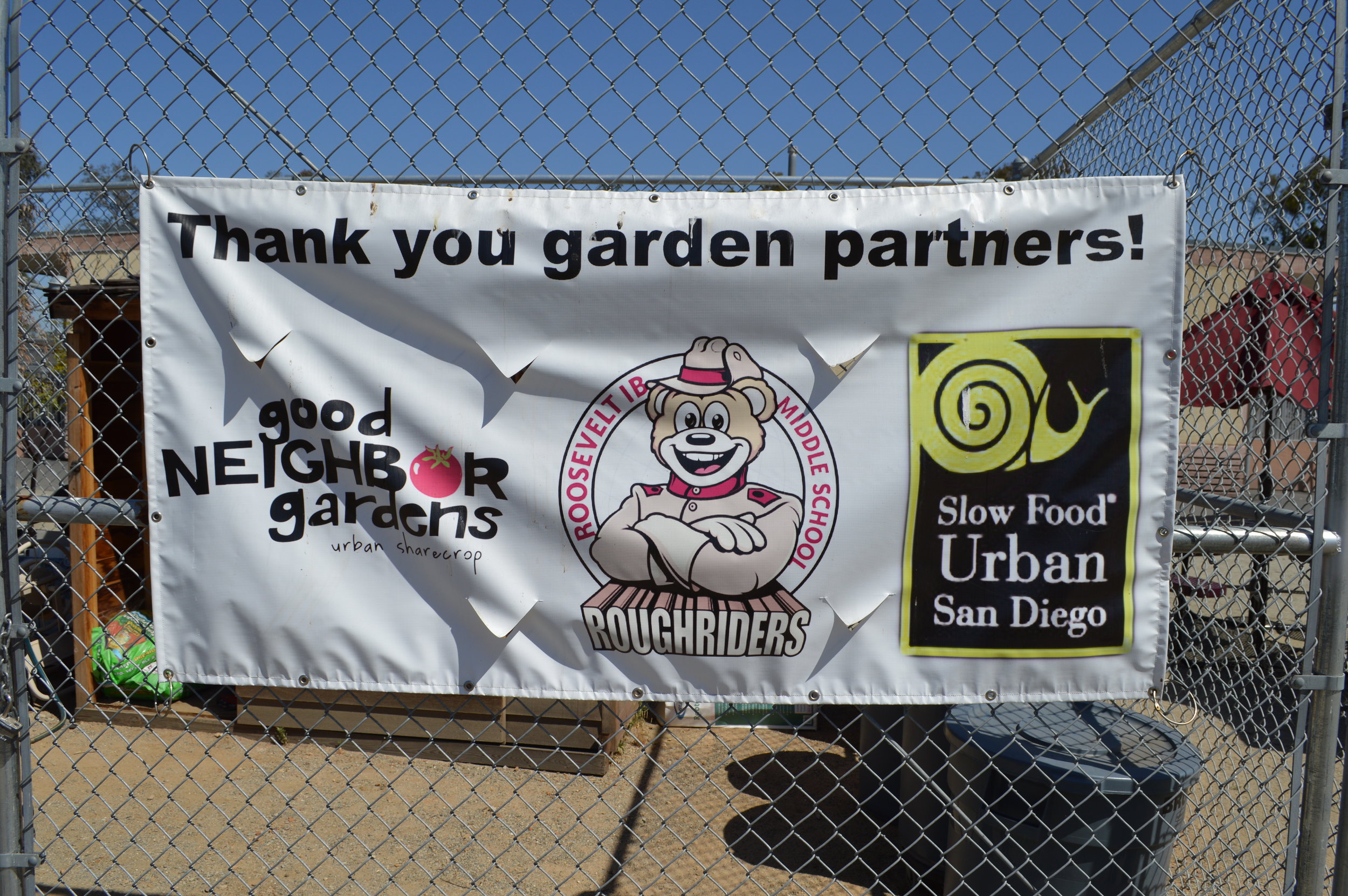 Ingredients
Ingredients
1/2 pound bacon, chopped
1 tablespoon olive oil
3 pounds lean stewing beef (cut into 2" chunks)
2 carrots, sliced
1 onion, chopped
1 teaspoon salt
1/4 teaspoon pepper
3 cups full-bodied red wine
2 - 3 cups beef stock
1 tablespoon tomato paste
2 cloves garlic, smashed
5 - 8 twigs of fresh thyme
1 bay leaf
2 tablespoons flour and 2 tablespoons butter, mashed together (for thickening the sauce at the end)
For the brown-braised onions
1/2 bag frozen white pearl onions, defrosted and patted dry
1 1/2 tablespoons butter
1 tablespoon olive oil
1/2 cup beef stock or beef broth
Salt and pepper
5 sprigs of thyme
5 sprigs parsley
For the sautéed mushrooms
1 pound mushrooms, quartered
3 tablespoons butter
1 tablespoon olive oil
Salt and pepper
Directions
Gather and prep your ingredients prior to cooking. Chop the bacon, chop the beef (or have the butcher do this for you to save time!), chop the veggies, smash the garlic, wash your herbs, uncork the wine. Having all your ingredients ready to go will help the preparation run smoothly.
Preheat your oven to 325 degrees.
Start by thoroughly patting the beef dry using paper towels. Damp beef will not brown properly but rather steam and turn an icky shade of gray when cooked.
In a large dutch oven pot, heat the olive oil over medium heat. Add to this your bacon and cook for several minutes, until the bacon is browned and has released most of its fat. Use a slotted spoon to remove the bacon, leaving the fat in the pan.
Over medium-high heat, brown the beef in the bacon fat for one or two minutes on each side. Do not overcrowd the pan. The beef should quickly develop a nice caramelized brown on the surface. Turn the beef to brown on all sides, then remove with a slotted spoon and set aside. Repeat until all of the beef has been browned. If your meat is not browning properly the pan is either over crowded, not hot enough, or your meat is too damp. Use caution when browning the meat as the hot fat tends to spatter at times.
Once all of the beef is browned, lower the heat to medium and add the carrots and onions to the hot pan. Cook for five minutes or until they develop a golden brown color. Then, carefully pour out the excess bacon drippings, leaving the veggies in the pan.
Add the beef and bacon back into the pot. Add to that the tomato paste, thyme, garlic, bay leaf, wine and beef broth. Stir to combine. Cover and place back in the oven to cook for 3 to 3 and ½ hours.
While the beef is cooking, prepare the onions and mushrooms
For the onions:
Heat the butter and oil in a skillet over medium heat. Add the onions and cook for about 10 minutes, occasionally shaking the pan to allow the onions to roll around in the pan and brown on all sides. Add to the onions the beef stock and fresh herbs. Allow to come to a simmer, lower the heat, cover and simmer slowly for about 20 - 30 minutes. Check the pan towards the end of the cooking time. Most of the liquid should have evaporated and formed a brown glaze around the onions. Season with salt and pepper, remove the herbs, then set aside.
For the mushrooms:
Heat the butter and oil in a sauté pan over medium-high heat. When the foam from the butter begins to subside (an indication that the butter is hot enough according to Julia) add the mushrooms and cook for about 5 to 10 minutes, stirring frequently. Season with salt and pepper, remove from heat and set aside.
Once the beef has finished cooking remove from the oven. Run the stew through a strainer separating the meat, herbs and veggies from the liquid sauce. Place the meat back in the pot, you don't need to add the veggies and herbs but if some get mixed in that's okay it will just add texture to the stew. Place the separated sauce in a pan and allow to rest for a few minutes. Excess fat with rise to the surface, use a spoon to collect and discard about half to three fourths of the fat. You should be left with 2 to 3 cups of sauce. Season to taste with salt and pepper. Add to the sauce the mashed butter and flour mixture and stir with a wire whisk over medium heat, bring to a simmer and stir until slightly thickened and smooth.
Now you are ready to combine all the ingredients, add to the meat in the pot the thickened sauce, brown-braised onions and sautéed mushrooms. Warm over medium heat and stir to combine all the ingredients.
Beef Bourguignon can be served over buttered noodles, mashed potatoes or simply with a sliced baguette.
You tube of Julia Child making Boeuf Bourguignon
 We're pleased to announce that Café Virtuoso will present at this year's Good Food Community Fair. Café Virtuoso, founded and owned by Laurie Britton, is the only 100% certified organic and fair-trade coffee roaster in San Diego. Her unique café and roasting facility is located in Barrio Logan, a few blocks from Quartyard, making them the perfect community partner.
We're pleased to announce that Café Virtuoso will present at this year's Good Food Community Fair. Café Virtuoso, founded and owned by Laurie Britton, is the only 100% certified organic and fair-trade coffee roaster in San Diego. Her unique café and roasting facility is located in Barrio Logan, a few blocks from Quartyard, making them the perfect community partner. Savannah will kick-off the Good Food Community Fair special programming at 11AM with an engaging conversation on how Café Virtuoso selects coffee from farms around the world, roast beans in house, how they have paved the way for women in coffee in San Diego, and what they are doing to conserve water at their café and roasting headquarters. Stay for their latest cold brew paired with Nomad Donuts donut holes!
Savannah will kick-off the Good Food Community Fair special programming at 11AM with an engaging conversation on how Café Virtuoso selects coffee from farms around the world, roast beans in house, how they have paved the way for women in coffee in San Diego, and what they are doing to conserve water at their café and roasting headquarters. Stay for their latest cold brew paired with Nomad Donuts donut holes!
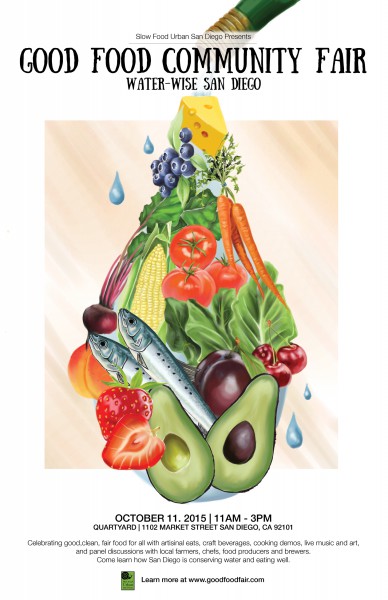
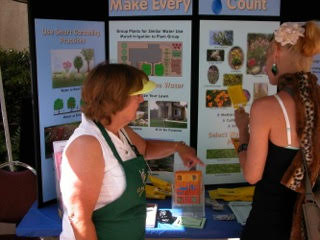 San Diego has over 300*
San Diego has over 300* 






